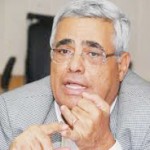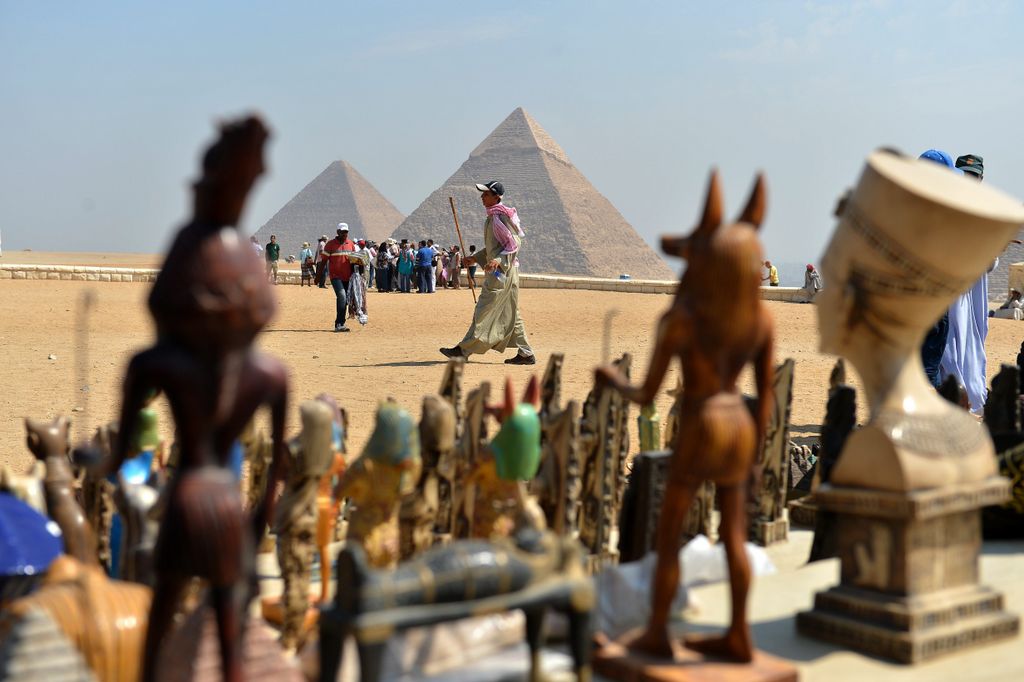Columnists explored president Morsy’s recent decision to appoint a new list of Shura Council members. Some writers believe the move will polarize Egypt even further. Other writers continue to blame all political groups for the continuing violence in Alexandria, especially those last Friday.
An open message to the President
Hassan Nafaa
Al-Masry Al-Youm newspaper
Hassan Nafaa, op-ed writer for Al-Masry Al-Youm newspaper, wrote a letter to President Morsy and condemned his decision to appoint new figures in the Shura Council. He explained that Morsy’s decision will add to the growing political polarization in Egypt. Nafaa argued that the move will not cause any alterations to the current political equation, yet it entails the executive authority taking control of the legislative authority.
The Shura Council, which was formed with only 7 per cent of the votes, could never represent the diverse political groups acting on the scene, Nafaa explained. Therefore, he suggests that Morsy be extra careful before making fundamental decisions.
He continued saying the President should consider his term- that ends on 2016- as an extension to the transitional phase, in which he only manages security and sovereign issues. This, he said, will leave the majority of responsibility on the cabinet’s shoulders. The writer also encouraged Morsy to announce a new constitutional declaration – after agreeing with the government – in which he establishes a timeline to complete the not-yet-established state institutions.
He suggested that political groups should agree on holding protests in order to pressure the government into leading the country to economic stability. Nafaa also said that no elections should be held under any circumstances in the coming two years, adding that a new temporary council should be formed to take over the legislative powers until a proper parliament s established.
The time of the sagacious
Emad Al-Din Hussein
Al-Shorouk newspaper
Op-ed contributor for Al-Shorouk newspaper Emad Al-Din Hussein criticised the passivity of sagacious figures in Egyptian society. He said Egypt is living in a climate similar to that of civil wars. Though all conflicting powers are aware of the danger of this timing, Hussein explained, each side considers itself an innocent angel. The responsibility of fault is shared between all parties engaged in conflict, he stated. However, it is not the suitable time to point fingers at particular figures. According to Hussein, it is more important to dissect the critical situation and start offering solutions.
Hussein denounced the Muslim Brotherhood and other political figures that encouraged the salafist movement to organize protests, which resulted in bloody clashes in Alexandria. He asked, how does the salafist movement allow some of its members to walk around in the streets carrying Molotov cocktails and planning sieges on parties’ headquarters and courts? Hussein also asked how secular groups would allow their members to violently fight with Islamists.
Though the public coalition has criticised the confrontations between opposing groups, Hussein said the entire secular block should have condemned the protests last Friday. The main problem, Hussein said, is that every group uses its members as a channel to send its message to the other side. Those members engaged in the middle are merely being used until the goal is achieved or an accord is reached.





